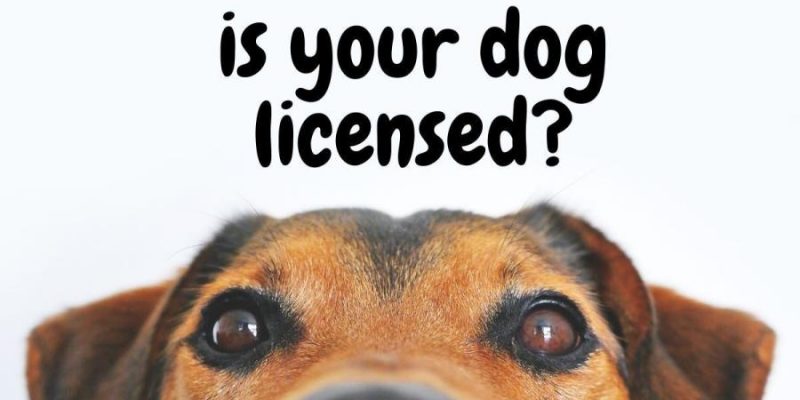The Harare City Council has finally enacted the Dog Licensing and Control By-laws of 2025 in a move to regulate dog ownership and improve public safety following recent incidences resulting in deaths caused by pitbull attacks. The new regulations, which came into effect this year, introduce stringent requirements for dog owners, including mandatory licensing, vaccination, and penalties for non-compliance. The by-laws also aim to address long-standing issues such as stray dogs, public nuisance, and the spread of diseases like rabies.
For years, Zimbabwe has lacked comprehensive laws governing dog ownership, leading to challenges such as uncontrolled breeding, dog attacks, and noise complaints. The new by-laws, enacted under the Urban Councils Act [Chapter 29:15], provide a clear legal framework to ensure responsible pet ownership while safeguarding community welfare.
By Gamuchirai Mapako
Under Section 4 of the by-laws, all dog owners must obtain a license and a license badge for their pets. The licensing process requires payment of a fee (USD 5 for male dogs, USD 10 for female dogs), a valid rabies vaccination certificate and proof of a secured perimeter fence or wall (for urban properties).
Owners of puppies under six months are exempt until January of the following year. Failure to license a dog attracts a fine of USD 20.
The by-laws limit the number of dogs per household based on residential density with low-density areas being allowed a maximum of 3 dogs, medium-density areas, a maximum of 2 dogs and high-density areas being allowed only a maximum of 1 dog. Owners wishing to keep more dogs must seek written permission from the Council. Violations incur a fine of USD 10 per extra dog.
Section 6 prohibits dogs that cause disturbances through excessive barking, howling, or straying. Repeat offenders may face a one-year ban on dog ownership after a written warning and opportunity to appeal.
Dogs found “at large” (roaming unrestrained) may be impounded (with a 7-day redemption period), be sold if unclaimed.
The dogs are also at risk of being shot on sight if posing immediate danger (Section 7).
Owners of dogs that bite people must cover medical bills and may face additional fines (USD 10–100, depending on vaccination status).
The law permits authorised officers which can be a council police or veterinarians to inspect properties to ensure compliance, issue fines for violations (listed in the Third Schedule).
They can also prosecute repeat offenders, with penalties including fines up to USD 100- or 2-years’ imprisonment.
“Any person who fails to comply with any liability emanating from his or her contravention of any of the offences stipulated in these by-laws within 90 days, shall be guilty of an offence and liable to a fine not exceeding level 4 or to imprisonment to a period not exceeding 2 years or to both such fine and such imprisonment,” says the by law.
The Harare City Council (Dog Licensing and Control) By-laws 2025 mark a turning point in Zimbabwe’s approach to pet ownership. By formalizing licensing, penalising negligence, and addressing strays, the laws to some extent balances the rights of dog owners with community well-being.
For now, residents are advised to license their dogs promptly, vaccinate pets against rabies and secure properties to prevent strays.
As the by-laws take full effect, their success will depend on public cooperation and consistent enforcement.








Comments